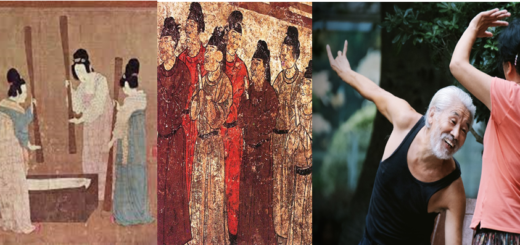History of Judaism with 360 Weeks


Judaism, one of the world’s oldest monotheistic religions, has a rich and intricate history that spans over three millennia. Rooted in the covenant between God and the ancient Israelites, Judaism’s narrative unfolds through biblical tales, the rise and fall of kingdoms, and profound theological developments. From the patriarchs Abraham, Isaac, and Jacob to the pivotal events of the Exodus and the receiving of the Torah at Mount Sinai, the foundational stories underscore the identity of the Jewish people. The construction and destruction of the First and Second Temples in Jerusalem mark critical chapters, as does the Babylonian Exile and the subsequent return to the Promised Land. Evolving through Roman occupation, diaspora, and the emergence of Rabbinic Judaism, this ancient faith has demonstrated remarkable resilience. The journey of Judaism, interwoven with cultural, historical, and theological threads, has left an indelible imprint on global civilization and continues to shape the identity of millions worldwide.
The history of Judaism is a rich and complex narrative that spans thousands of years. Here is a brief overview:-

Origins and Patriarchs (c. 2000 BCE – 1500 BCE)
- Judaism traces its roots to the patriarchs Abraham, Isaac, and Jacob, who are considered the founders of the faith.
- The story of the Exodus from Egypt, led by Moses, is a crucial event in Jewish history. The giving of the Torah at Mount Sinai is a foundational moment, marking the covenant between God and the Israelites.
Conquest of Canaan and Monarchy (c. 1400 BCE – 586 BCE)
- The Israelites, led by Joshua, entered the Promised Land (Canaan) and established a kingdom. This period saw the construction of the First Temple in Jerusalem.
- The united monarchy, under Kings Saul, David, and Solomon, is considered a high point in ancient Israelite history.
Division and Exile (c. 930 BCE – 586 BCE)
- The kingdom split into the northern kingdom of Israel and the southern kingdom of Judah. Both eventually fell, leading to the Babylonian Exile.
- The destruction of Solomon’s Temple in 586 BCE marked a significant tragedy for the Jewish people.
Babylonian Exile and Return (586 BCE – 516 BCE)
- The Babylonians conquered Judah, leading to the exile of many Jews to Babylon. The period is marked by the prophetic messages of figures like Jeremiah and Ezekiel.
- The Persian king Cyrus allowed the Jews to return to their homeland, and the Second Temple was eventually built.
Second Temple Period (516 BCE – 70 CE)
- The Second Temple period saw the rebuilding of the Temple in Jerusalem, and it became a center of Jewish worship.
- Various external influences, including Hellenistic and Roman rule, influenced Jewish life and thought during this time.
Roman Occupation and Diaspora (63 BCE – 4th century CE)
- The Roman conquest of Jerusalem in 63 BCE led to a period of Roman rule and the eventual destruction of the Second Temple in 70 CE.
- The dispersion of Jews, known as the Diaspora, began during this time as Jewish communities spread across the Roman Empire.
Rabbinic Judaism (2nd century CE – present)
- With the loss of the Second Temple, Rabbinic Judaism emerged as a dominant form of Jewish practice.
- The compilation of the Mishnah and the Talmud became central to Jewish legal and ethical traditions.
Middle Ages to Modern Era (5th century CE – present)
- Jews faced various challenges during the Middle Ages, including persecution, forced conversions, and the Inquisition.
- The Enlightenment and subsequent movements led to increased integration of Jews into European societies.
- The 19th and 20th centuries witnessed significant social, political, and cultural changes for Jewish communities, including the rise of Zionism and the establishment of the State of Israel in 1948.
The history of Judaism is characterized by a dynamic interaction between religious, cultural, and historical factors, shaping the identity and beliefs of the Jewish people over millennia.








